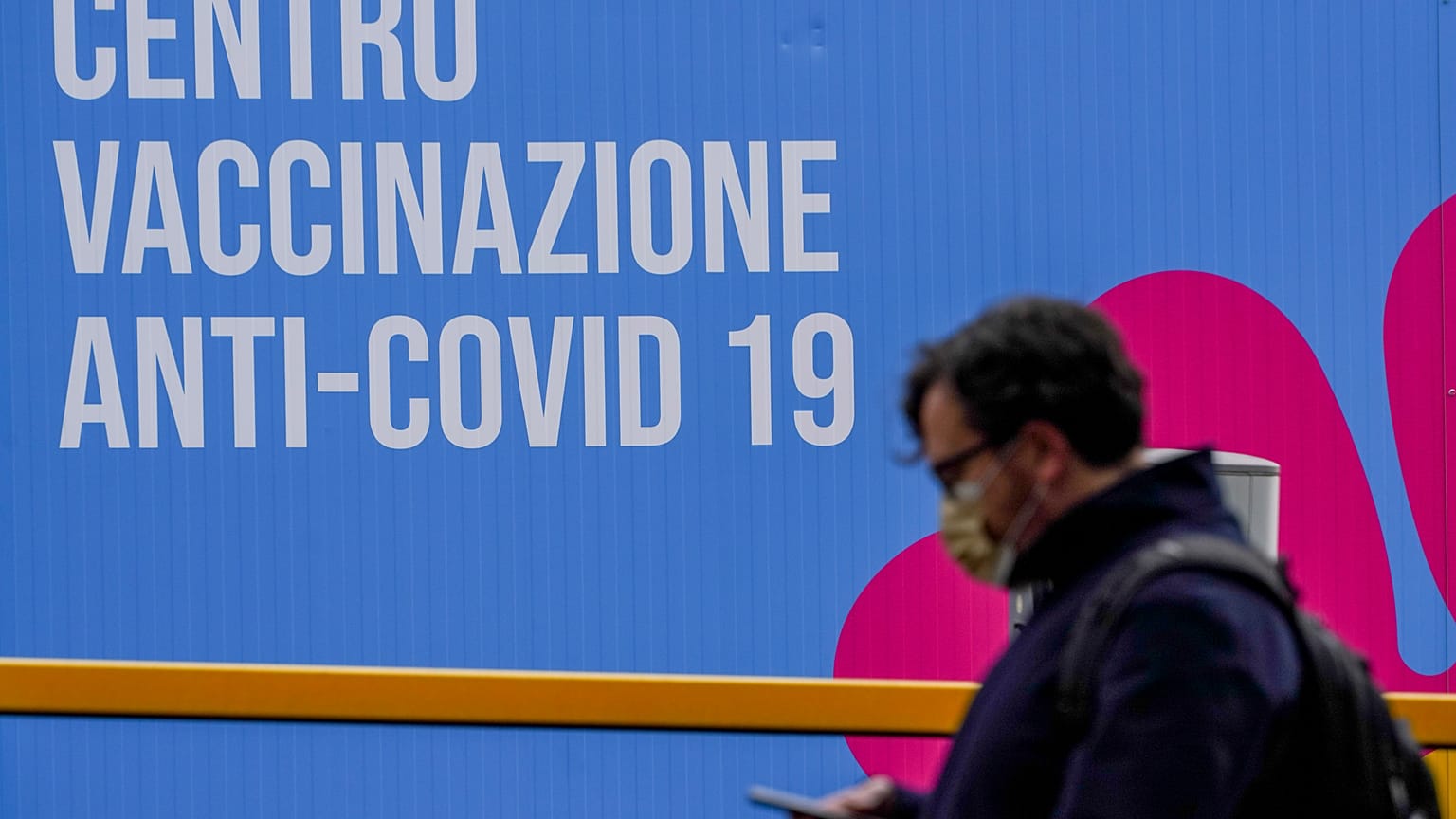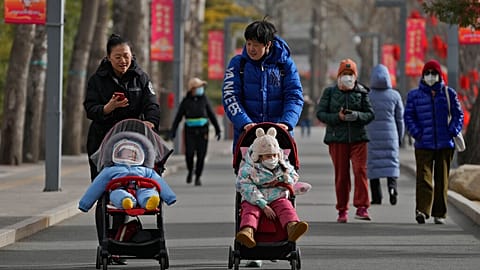After a COVID infection, people can be at an elevated risk of several long-term health problems years after, research shows.
Getting COVID-19 can put people at an elevated risk for several chronic conditions including fatigue, blood clots and diabetes even two years after infection, a new study has shown.
Scientists analysed records from more than 100,000 people who tested positive for the virus in 2020, checking in for two years to determine if they were at risk for 80 health conditions associated with long COVID.
They compared this group with a control group of 5.9 million people who had not tested positive for COVID-19.
They found that those participants who had mild COVID-19 infection (who were not hospitalised) continued to be at risk for nearly a third of the chronic conditions two years after infection.
Those who had been hospitalised for COVID-19 fared even worse and were at risk for around two-thirds of the chronic conditions, impacting nearly all organ systems.
“The concern here is that this pandemic will generate a wave of chronic disease that we did not have before the pandemic,” Ziyad Al-Aly, chief of research and development at the Veterans Affairs Health Care System in Saint Louis, the US, told Euronews Next.
“Even when the pandemic abates and is in the rear-view mirror, we will be left with it after the fact in the form of a chronic disease that for some people may last for a long time or even a lifetime,” said Al-Aly, who was the study’s senior author.
The study, published on Monday in the Nature Medicine journal, showed that those who were hospitalised with COVID-19 continued to be at an elevated risk for death and hospitalisation two years post-infection.
The risk of death for those who had mild COVID-19, however, became insignificant at six months post-infection compared to the control group and the risk of hospitalisation became insignificant 19 months after infection.
“The people who were actually hospitalised had even a more protracted, longer and more arduous journey of recovery,” said Al-Aly, who is also a clinical epidemiologist at Washington University in Saint Louis.
To carry out the study, researchers analysed medical records from the US Department of Veteran Affairs, the country’s largest integrated healthcare system. But its population is mostly older and male, which could limit the ability to generalise the study’s findings.
Another limitation is that participants were enrolled in the study until the end of 2020 before vaccination was widely available and the study included people who tested positive for coronavirus but may have missed those who had an infection but were not tested.
“Inclusion of these participants in the control group, if their true risk of adverse health outcomes was higher than the noninfected, might result in underestimation of risks,” the study authors said.
Long COVID impacts millions in Europe
Nearly 36 million people across Europe and some parts of Central Asia experienced long COVID in the first three years of the pandemic, according to data from the Institute for Health Metrics and Evaluation (IHME) at the University of Washington in Seattle, the US.
"That’s one in 30 who may still be finding it hard to return to normal life," said Dr Hans Kluge, the World Health Organization (WHO)’s regional director for Europe, at a press conference in June.
People with long COVID have complained about fatigue, shortness of breath, cough, and dizziness among other symptoms.
This new study showed that even those participants who were not hospitalised had elevated risk of blood clotting disorders, pulmonary problems, fatigue, gastrointestinal problems, musculoskeletal problems and diabetes, according to Al-Aly.
“Even if COVID disappears on the face of the earth, millions of people in the US and many, many, more around the world will continue to struggle with its after effects and some of them for their lifetime,” he said.
Al-Aly said people should continue to try to prevent infection by sitting outside when possible, masking in crowds, and getting a booster shot.
He also said that the world should continue to pursue new-generation vaccines that block transmission.


















